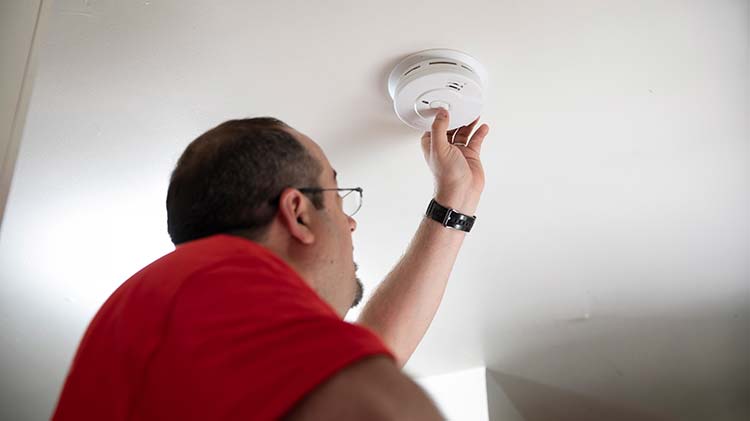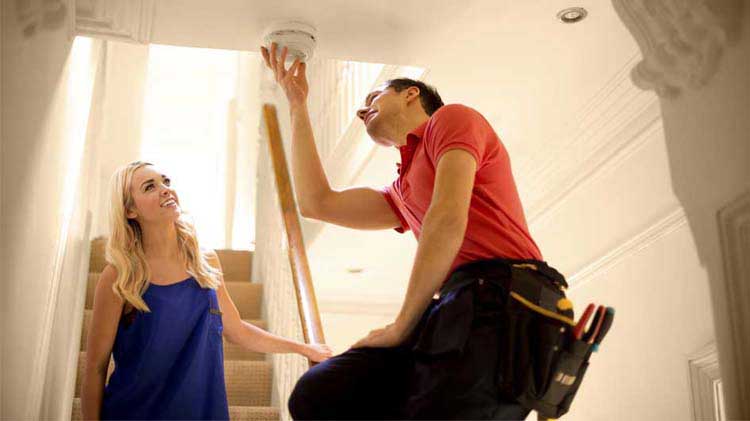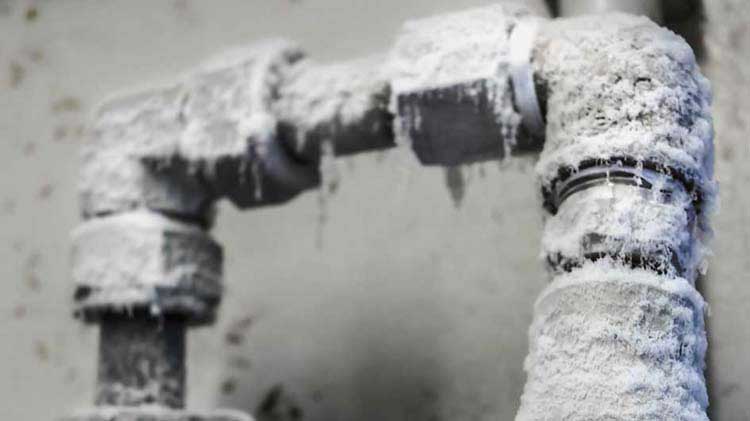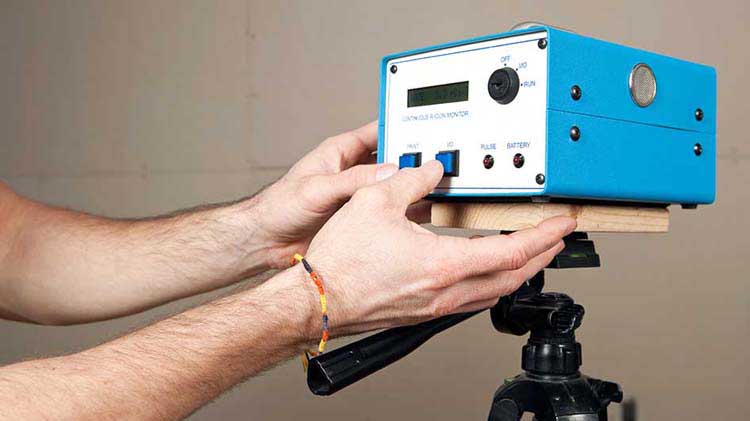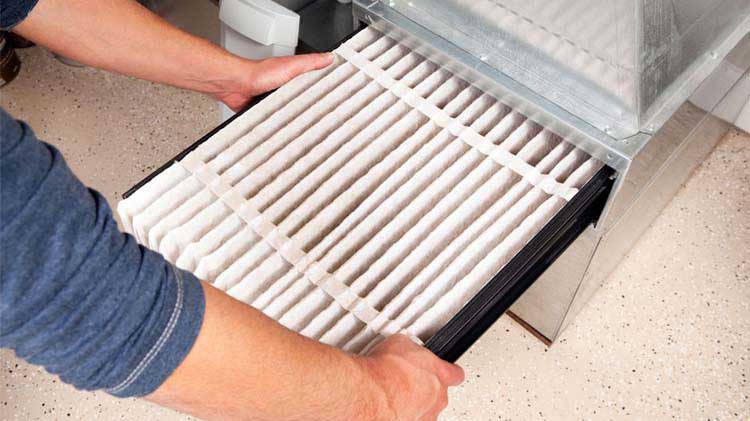Is a natural gas detector worth it?
Natural gas detectors can alert you and your family of odorless and dangerous leaks.
Natural gas detectors may not be as common on the list of must-haves for the home like smoke detectors or fire extinguishers, but these devices are worth serious consideration and can help detect potentially dangerous situations.
Can I detect natural gas without a detector?
Public utilities add a chemical to give the odorless, colorless natural gas a "rotten egg" smell. This smell can help identify everything from a minor, quick-fix problem such as an appliance's pilot light going out to a more complex issue such as a crack in the line caused by a natural disaster.
If you smell gas, help keep you and your family safe by exiting the home and calling your local gas company/public utility. As you leave, avoid doing anything that may create a spark including turning on or off lights. Gas leaks may not be as common as house fires, but leaks can result in a situation as severe as an explosion.
Keep in mind that discovering a natural gas leak is not always guaranteed as sometimes the smell can fade. Also, a leak can be difficult to detect by someone who lacks or has a reduced sense of smell. A natural gas detector can assist you in detecting the presence of natural gas in your home and help keep you and your family safe.
Types of natural gas detectors
Common types of natural gas detectors for residential use are similar in size and cost to carbon monoxide and smoke detectors.
Some manufacturers of carbon monoxide detectors offer combination or 3-in-1 detectors to alert when carbon monoxide or an explosive gas such as natural gas or propane is detected. If you have a home natural gas detector or explosive gas detector, it’s likely it will require being plugged into an electrical outlet and will have a battery backup.
There are also propane leak detectors designed for recreational vehicles and portable hand-held models typically used for precisely locating the leak.
When buying a natural gas leak detector, read the packaging to confirm it fits your needs for residential use.
Where to put natural gas detectors
Install your gas alarm in locations close to sources of natural gas. This includes placing them in any room with windows or a gas appliance such as your kitchen and basement.
When adding to a room with windows or fresh air vents, position natural gas detectors higher than all doors, windows and vents. Positioning detectors away from these is appropriate since the fresh air coming in could deter and interfere with accurate readings on the device.
Some manufacturers recommend placing the detectors 4-12 inches away from the ceiling and within 3-10 feet away, measured horizontally from the gas appliance. It’s recommended that the detector be installed at least 5 feet away from cooking appliances or hoods. Review your natural gas detector manufacturer recommendations for installation.
What to do if a natural gas detector goes off
If your gas detector ever goes off, don't panic. Leave the home and contact your public utility division.
Should your property be impacted by a natural disaster such as a tornado, earthquake, hurricane or flood, natural gas detectors may alert you and your family to possible issues. In some cases or emergencies, it may be necessary to shut off some utilities.
Natural gas detector maintenance
Much like smoke and carbon monoxide detectors, the home natural gas alarm needs to be tested regularly. Additionally, the batteries need to be changed routinely even if used as a backup system to a plug-in detector. Many residential natural gas detectors have a useful life of about five years, so make note of your natural gas detector's expiration date.
Now that you’ve learned about natural gas detectors, check out our other helpful prevention articles.
